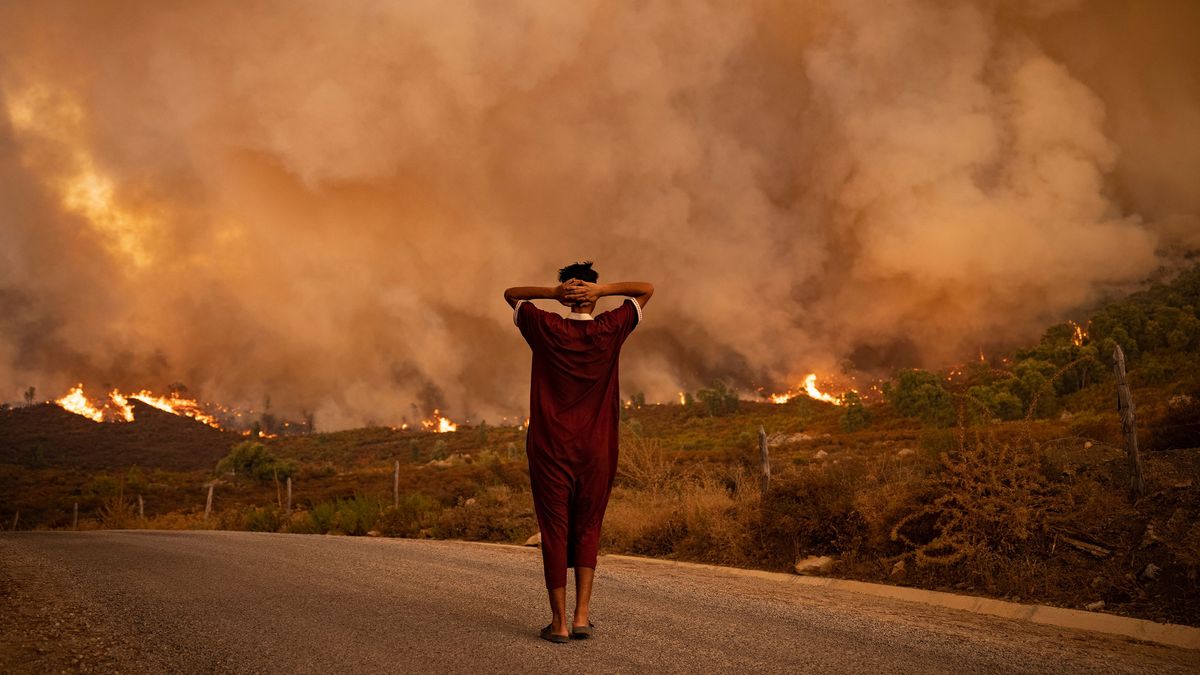The Silent Killer: How Climate Change is Slowly Destroying Our Planet
Climate change is a topic that has been on everyone's lips for a while now. But what exactly is climate change? Climate change is a long-term shift in global or regional climate patterns. It is primarily caused by the emission of greenhouse gases, which trap heat in the Earth's atmosphere and cause the planet's temperature to rise. Climate change has already started to impact the world in a variety of ways, and if left unchecked, it will continue to cause widespread devastation.
The Earth's climate has always been in a state of flux, but the current changes are happening at an unprecedented rate. The primary cause of these changes is the release of carbon dioxide and other greenhouse gases into the atmosphere. The burning of fossil fuels, deforestation, and industrial processes all contribute to the problem. These gases trap heat in the Earth's atmosphere, causing the planet's temperature to rise. The result is a variety of climate changes that can have serious consequences for people, animals, and the environment.
One of the most significant impacts of climate change is rising sea levels. As the Earth's temperature rises, ice caps and glaciers melt, causing the sea level to rise. This rise in sea level can cause coastal flooding and erosion, which can be devastating to the communities living along the coast. It can also lead to the loss of important habitats, such as wetlands and estuaries, which are crucial for many species of plants and animals.
Climate change is also causing changes in the Earth's weather patterns. Extreme weather events such as hurricanes, droughts, and floods are becoming more frequent and severe. These events can have a significant impact on human lives and infrastructure. For example, floods can destroy homes and businesses, while droughts can lead to crop failures and famine.
The impact of climate change is not limited to the environment. It can also have significant economic consequences. For example, the cost of damage caused by extreme weather events can be astronomical. In 2018, the total cost of natural disasters was $160 billion globally. This figure is expected to rise as climate change continues to cause more frequent and severe weather events.
It is important to note that climate change is not a problem that affects everyone equally. The people who are most vulnerable to its effects are those who are already living in poverty. They are more likely to live in areas that are susceptible to climate-related disasters, and they often lack the resources to protect themselves and their families from the impacts of these events.
There are steps that we can take to mitigate the effects of climate change. One of the most important is to reduce our greenhouse gas emissions. This can be done by reducing our dependence on fossil fuels and promoting the use of renewable energy sources such as wind and solar power. We can also reduce our carbon footprint by making changes to our daily lives, such as using public transportation, reducing meat consumption, and supporting environmentally friendly businesses.
In conclusion, climate change is a serious issue that we must address if we want to protect our planet and the people who live on it. It is a problem that affects us all, regardless of where we live or our socio-economic status. We must take action now to reduce our greenhouse gas emissions and mitigate the impacts of climate change. By working together, we can create a better future for ourselves and for generations to come.
Labels: Interesting, science


0 Comments:
Post a Comment
Subscribe to Post Comments [Atom]
<< Home